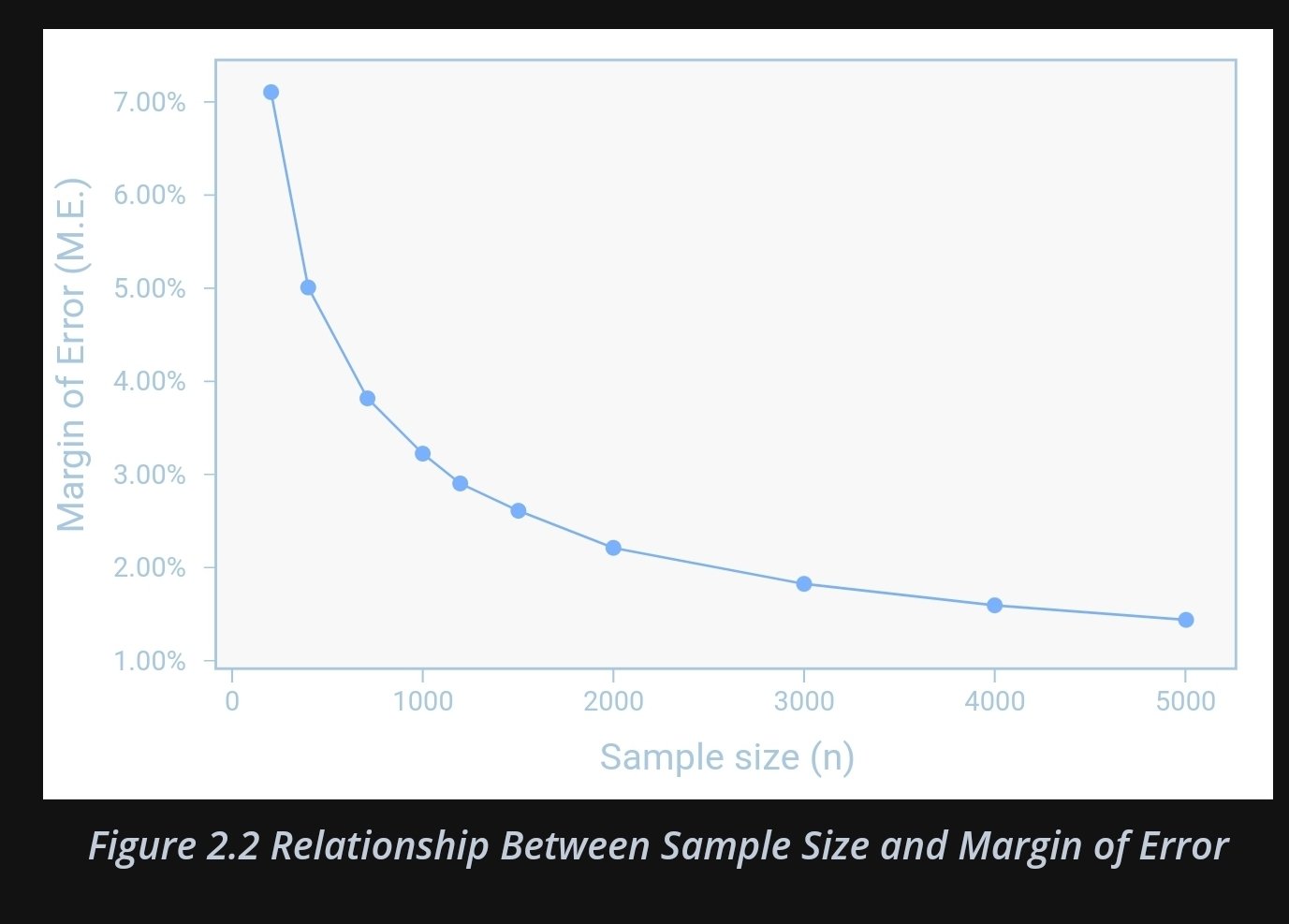

I think you’re undervaluing loneliness. Loneliness isn’t just missing some one. Loneliness means there’s no point in connecting with people because they will just die. Loneliness means that no one knows the depth of your condition because it isn’t available to them. It means that as they change and face new obstacles, you’ll be oblivious to all of that. You’ll not only see them die, you’ll see the vitality deep out of their pores as they age. All the while you’ll never know what that means personally or feel that slow slipping.
Also, super weird that your example is a breakup and people dying is something not worth registering.





I know what I’m doing with my evening now.